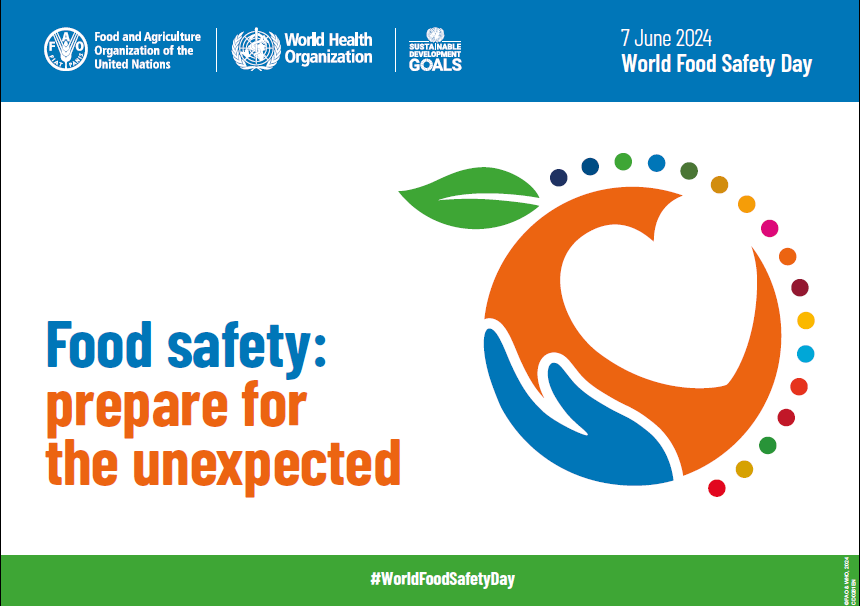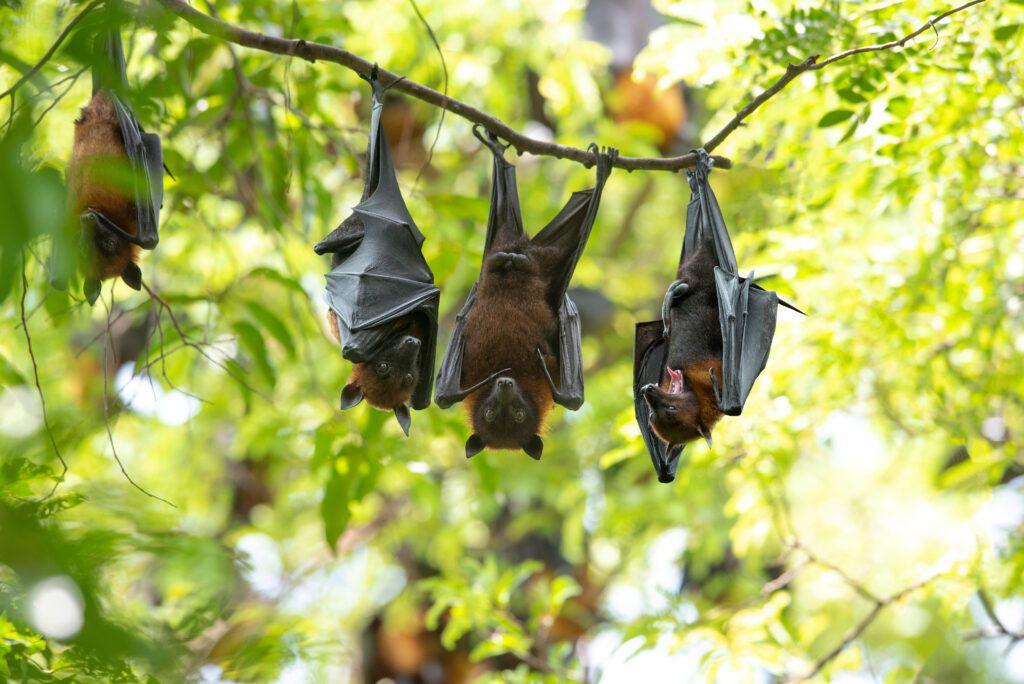Concerns about sweeteners

Concerns have recently been raised about several sweeteners. Below is a brief overview of the most important news.
Emerging issues related to pesticides

We constantly identify new issues about pesticides. Here we provide a brief summary of the most important cases.
Gloves used in the food industry are often contaminated

Billions of imported protective gloves arrive in the United States with potential chemical and microbiological contaminants, without any inspection procedures. For gloves used in the food industry, there is no requirement to be clean and intact, or be tested on arrival for chemical or microbiological contaminats.
World Food Safety Day 2024

On 7 June, food safety will once again take centre stage. To mark the World Food Day, this year the organisers are raising awareness of the need to prepare for sudden and unexpected events.
CCMAS conference 2024

The 43rd FAO/WHO Codex Alimentarius Committee of Analytical and Sampling Methods (CCMAS) meeting took place in a hybrid framework this year from 13-18 May 2024.
Emerging Henipaviruses pose increasing threat

Hendra and Nipah viruses, both emerging zoonotic pathogens, exhibit alarming mortality rates in both human and animal populations.
The risks of giving probiotics to preterm babies

The FDA has issued a warning regarding the potential risks of probiotics given to preterm infants, following the death of an infant who received probiotics in the hospital.
Report on the 'Modern inspections with new technology' symposium
Dr. Zsuzsa Farkas participated at the symposium 'Modern inspections with new technology' organised by the Netherlands Food and Consumer Product Safety Authority (NVWA) in The Hague at the end of February.
The "Full digitisation of the rabbit meat production" project has been ended

The aim of the project was to improve rabbit meat as a food product and the production process. The main tool is a big data analytical system fed by an automated data collection system, which can provide information from the barn to the table, covering the whole vertical of rabbit meat production.
The possible role of everyday chemicals in global obesity

Obesity is increasing almost everywhere in the world, with more overweight and obese than underweight people globally. The accepted view is that overeating and insufficient physical activity are the causes. However, a small group of researchers questions this assumption and directs attention to the role of chemicals in the expanding waistlines.
